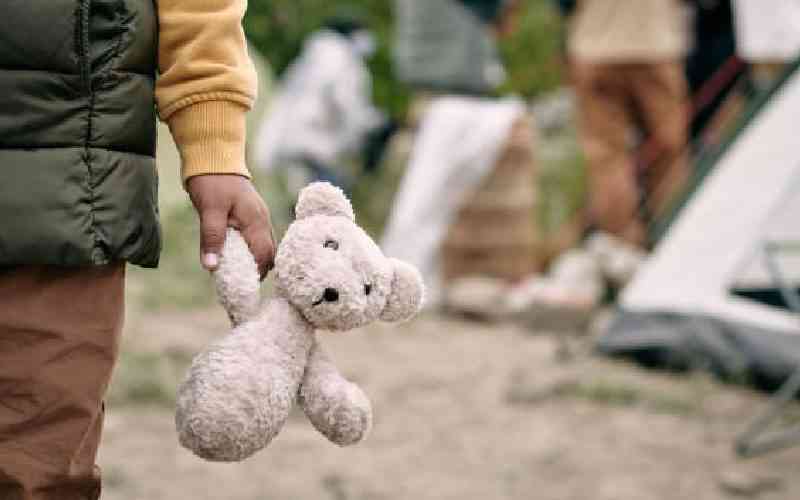×
The Standard e-Paper
Kenya’s Boldest Voice

I have listened to the political debates going on on social media as well as those televised live on mainstream media platforms over the last few days.
The politicians are working hard to sell their plans for poverty alleviation and wealth creation, but the issues affecting children and their remedies are not very clearly articulated.